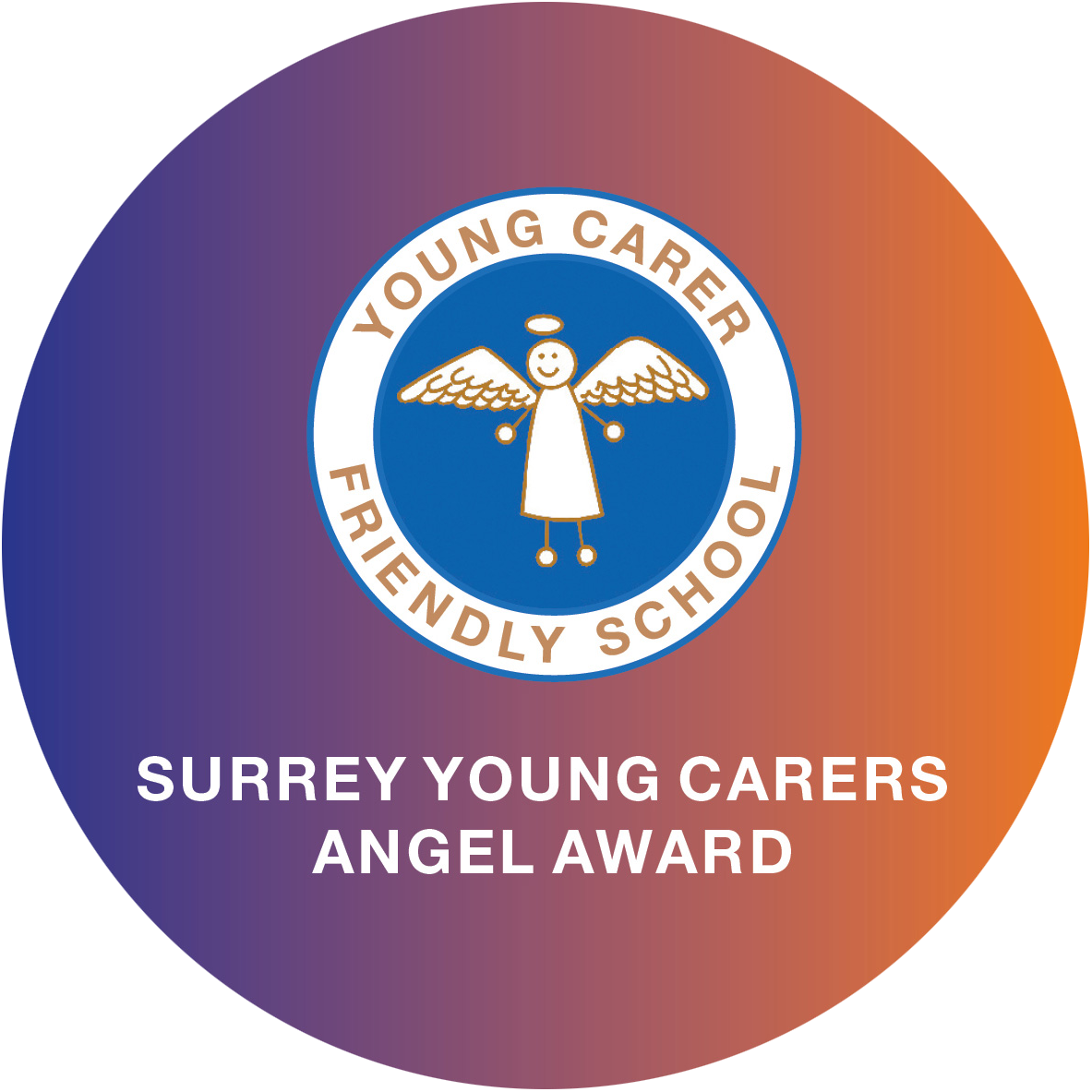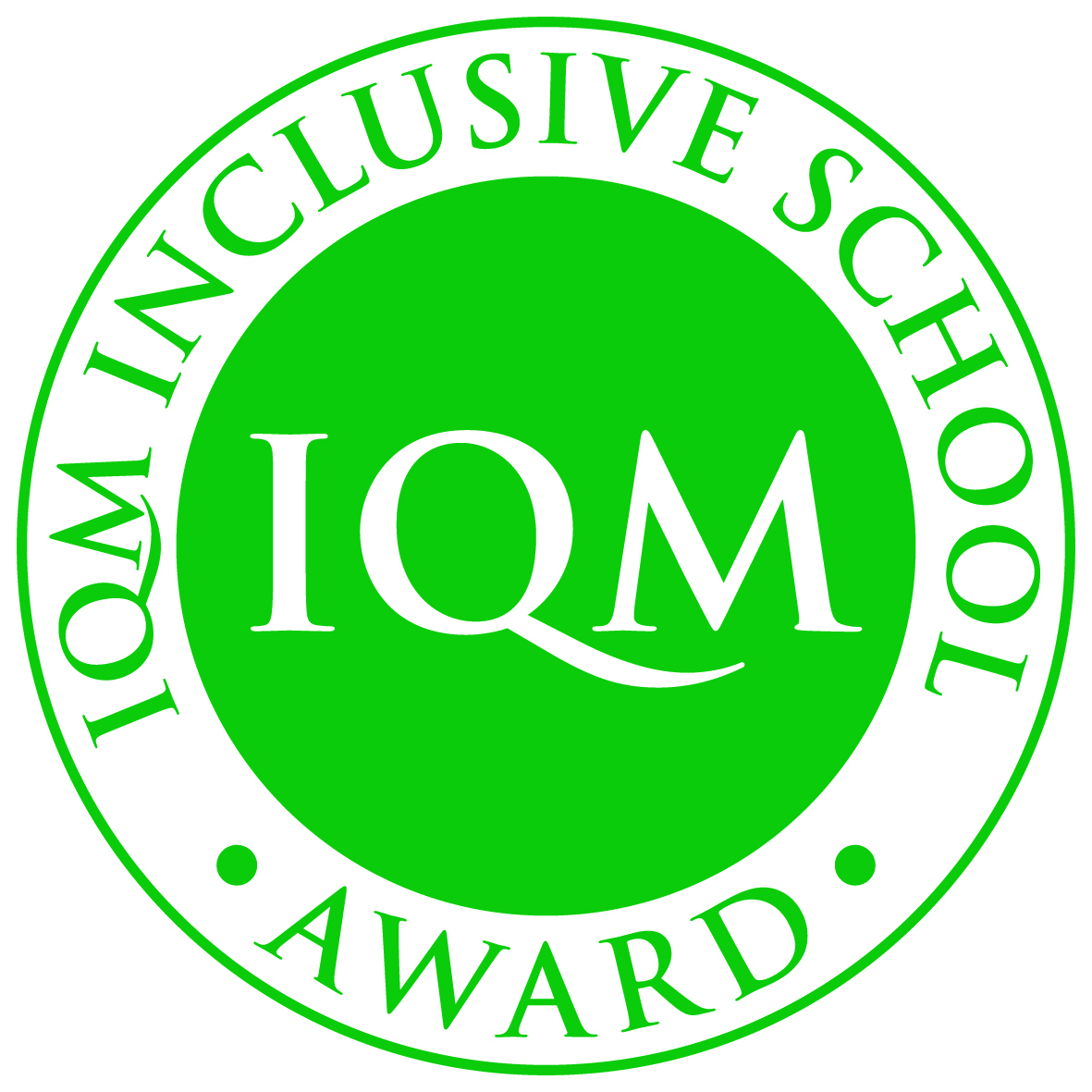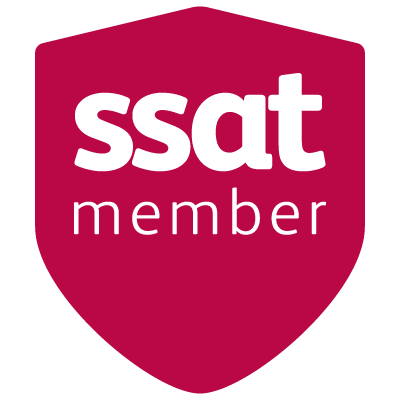SEND Provision
DEFINITION OF SEND
“A child or young person has SEND if they have a learning difficulty or disability which calls for special educational provision to be made for him or her. A child of compulsory school age or a young person has a learning difficulty or disability if he or she has a significantly greater difficulty in learning than the majority of others of the same age, or has a disability which prevents or hinders him or her from making use of educational facilities of a kind generally provided for others of the same age in mainstream schools”. (SEND Code of Practice 2014)
SEND PROVISION AT ST MARY'S SCHOOL
At St. Mary’s we aim to personalise the learning for each child in our school. All children and parents are asked to fill in a one page profile about the child. The one page profile provides a summary of person centred information which can be used by the class teacher to get to know the child very quickly, it also ensures that support if needed is provided in a way that the individual wants. Understanding what is important to the child is key to ensuring that any support given is meaningful and relevant.
It is important that each child can access the curriculum irrespective of need, each class teacher ensures that their classroom is an inclusive environment, providing various learning styles and strategies at Wave 1.
Wave 1 is the ‘quality first teaching’ which looks at the learning needs of all the children in the classroom. Before any additional provision is considered it is important to look at what is already available to all pupils through differentiated work and an inclusive learning environment. While some strategies or approaches may have been previously been recommended for a particular pupil or group it is probable that they will be of benefit to many more children in a class. The more inclusive the classroom, the less need for ‘additional to’ or ‘different from’ interventions.
Where the nature of pupil’s needs is such that they will need ‘additional to’ (wave 2 intervention) or ‘different from’ (wave 3 1:1 support) provision in the identified areas (see waves of provision document), it is still important to consider how wave 1 can enable them to access the curriculum.
When necessary outside advice and support is requested from Speech and Language, Physical and Sensory Support, Literacy and Language Support, Educational Psychology and Behaviour Support Services. Any targets set by the agencies are worked on in school with a trained teaching assistant.
If you have any concerns regarding your child’s attainment or progress speak to the class teacher.



